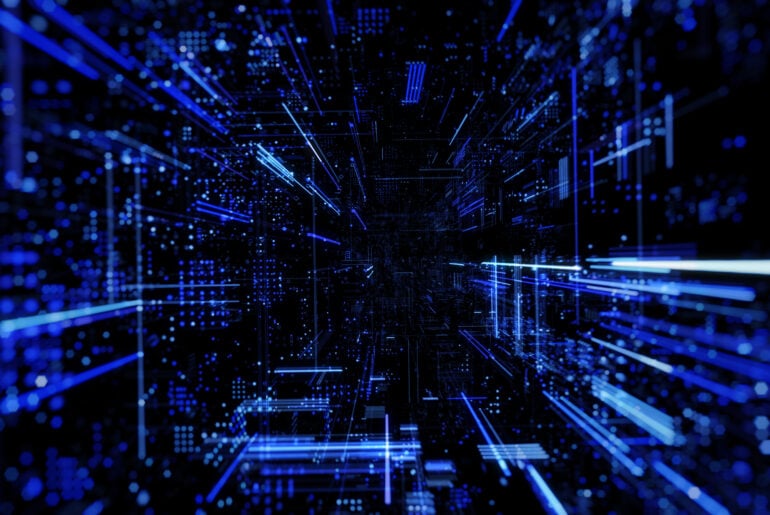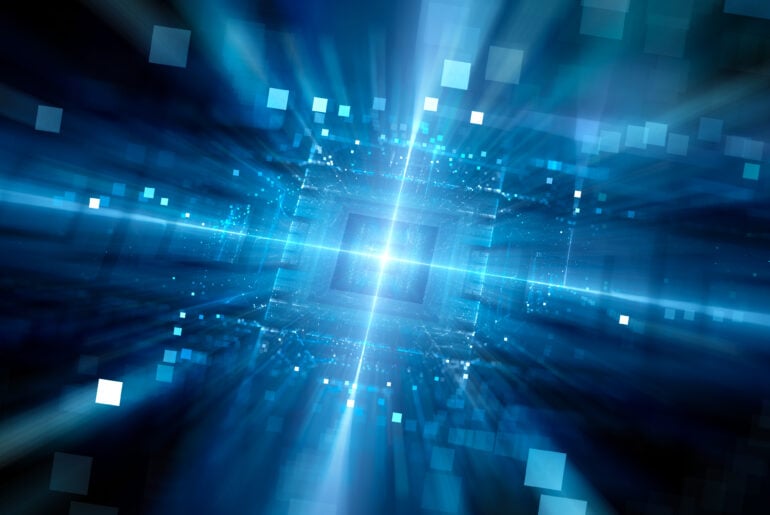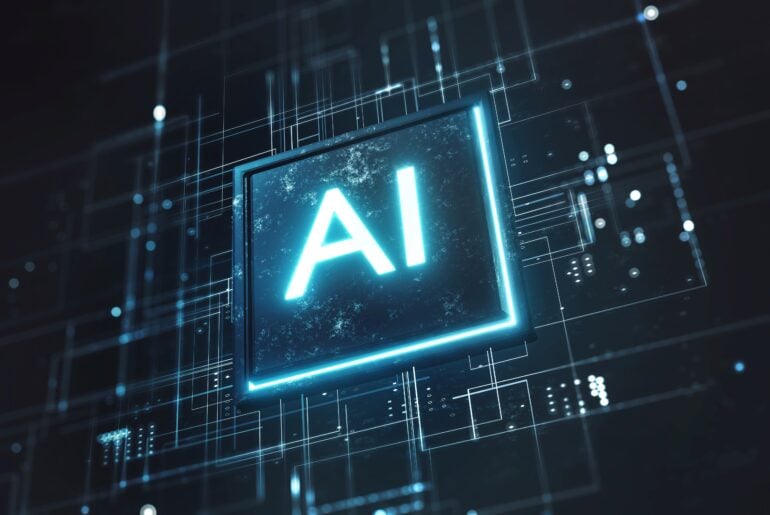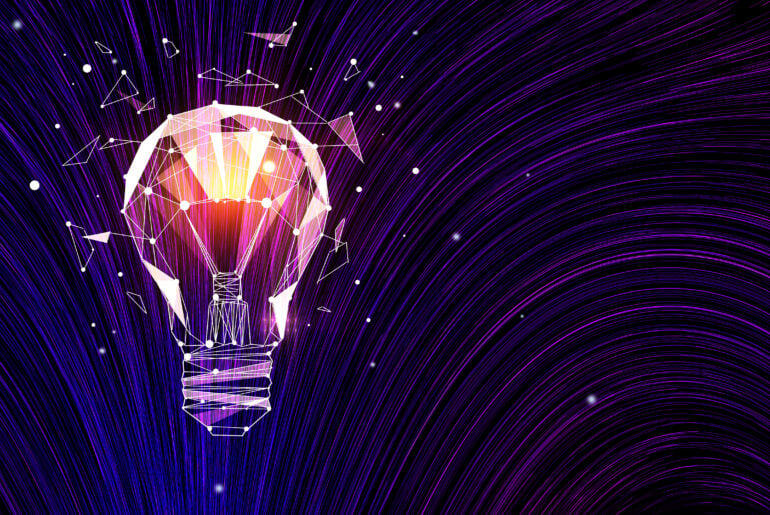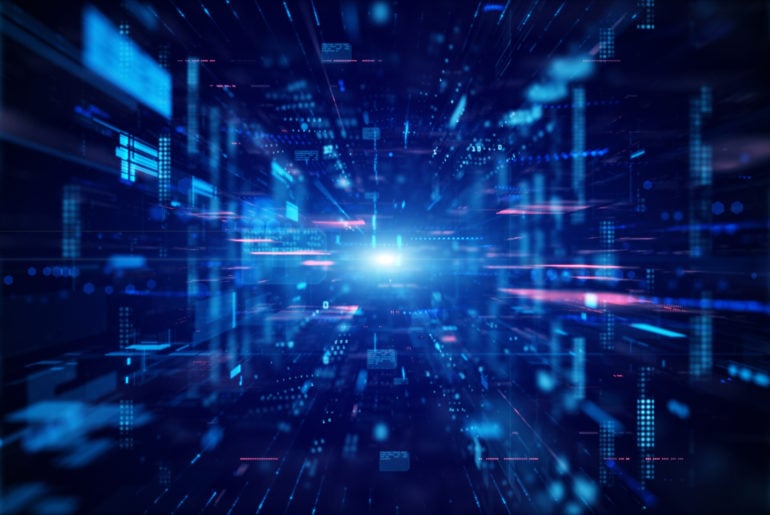In the past year, news coverage on generative artificial intelligence has dominated headlines. Generative AI offers dominant functionality and opportunities to leverage incredibly powerful algorithms to make new content. One area that business leaders and research and development teams may think to use generative AI is in the realm of new inventions. However, while generative AI offers great potential, it also comes with risk. Below, we discuss patent and other IP considerations related to using…
What rights does a consumer have to a digital product that they purchase? What control does an author have over their creative works? What obligations do others have to you when they use your data to develop new products? None of these questions are new, but the recent proliferation of artificial intelligence (AI) tools, particularly generative AI (GenAI) tools, has brought these questions to the forefront of ongoing conversations about the role that AI will…
There has been an incredible volume of discussion around generative AI (GAI) in 2023, including products like ChatGPT and GitHub Copilot, and the potential impact these tools have on every corner of the business world. This is not surprising given that GAI has demonstrated powerful functionality, making it easy to hypothesize about use cases. Unfortunately, on top of the fervor, the use of GAI presents a multitude of risks. Some companies have banned GAI use…
In Brief Recent developments in AI technologies have led to the increased use of AI to create a range of concepts, developments, research, and even lines of software code, in response to human inputs. This has resulted in an uptick of patent applications filed with the U.S. Patent and Trademark Office (the “USPTO”) seeking patents with varying degrees of contributions from AI tools. This calls into question whether, and to what extent, inventions involving contributions…
In Brief Recent developments in AI technologies have led to the increased use of AI to create a range of works, such as art, music, stories, and even lines of software code, in response to human inputs. This has resulted in an uptick of copyright applications filed with the U.S. Copyright Office (the “Office”) seeking registrations for works with varying degrees of contributions from generative AI tools. This calls into question whether, and to what…
In early December 2022, the Ministry of Science and Technology’s Inspectorate hosted a conference to provide recommendations on “Solutions to enhance the efficiency of Industrial Property rights enforcement through administrative, civil, criminal, and border control measures”.
